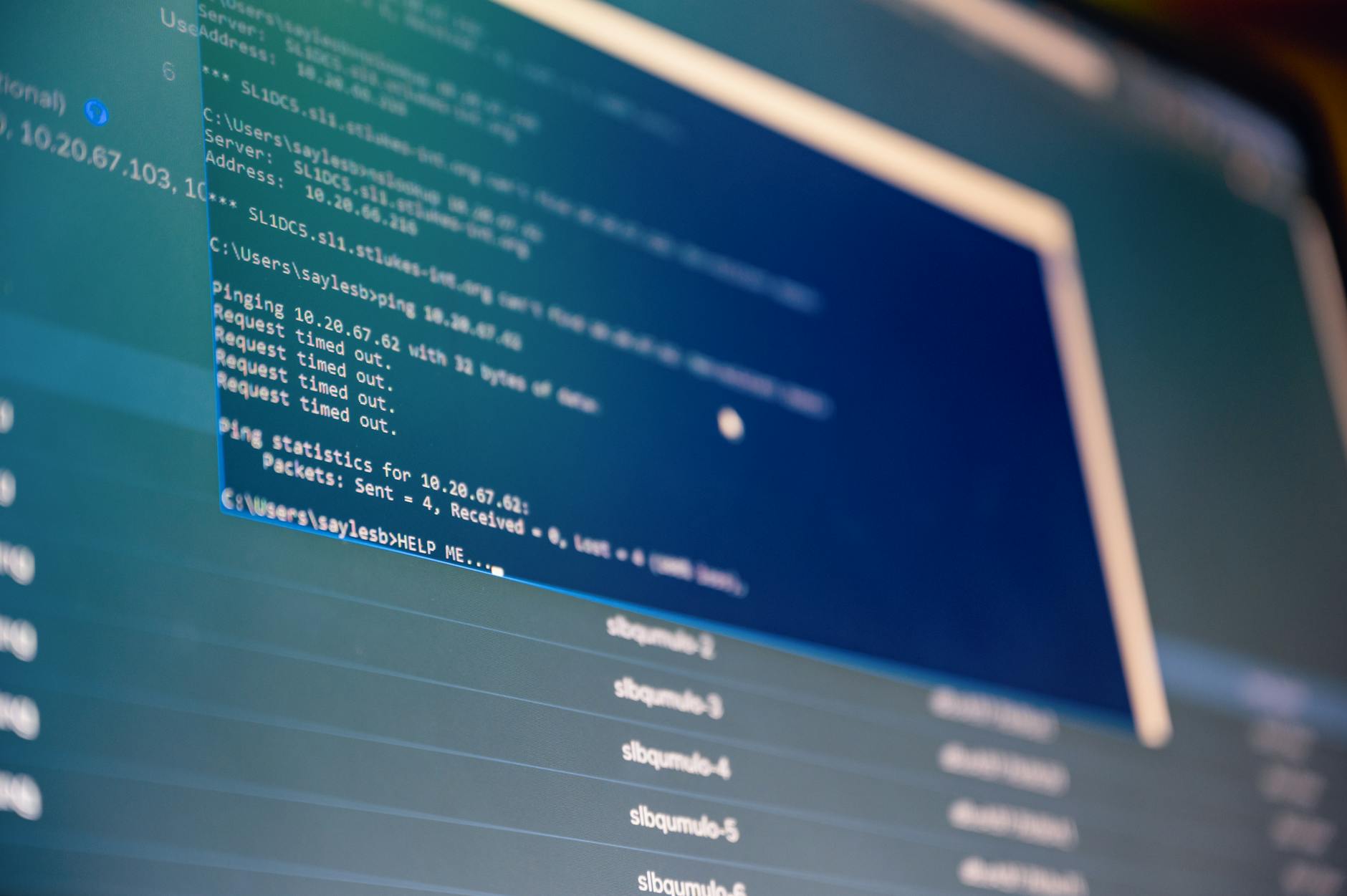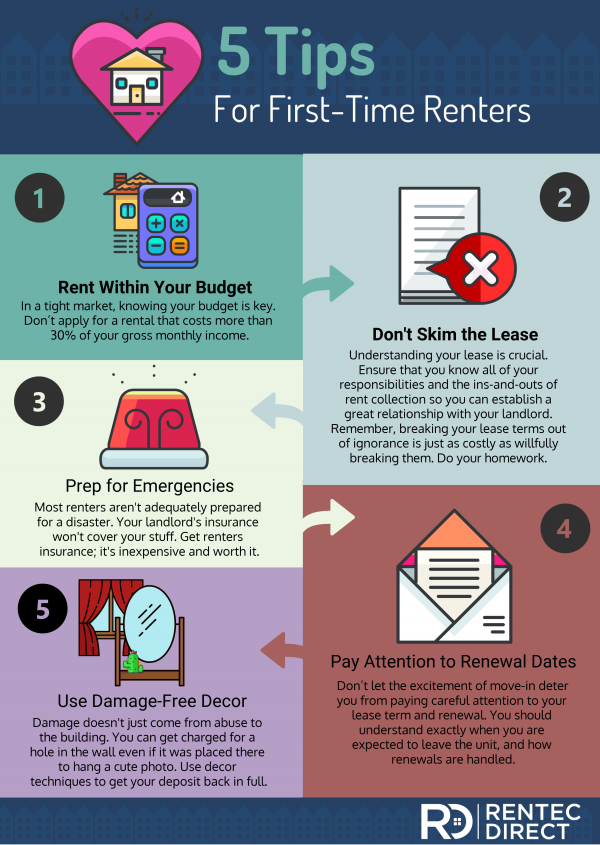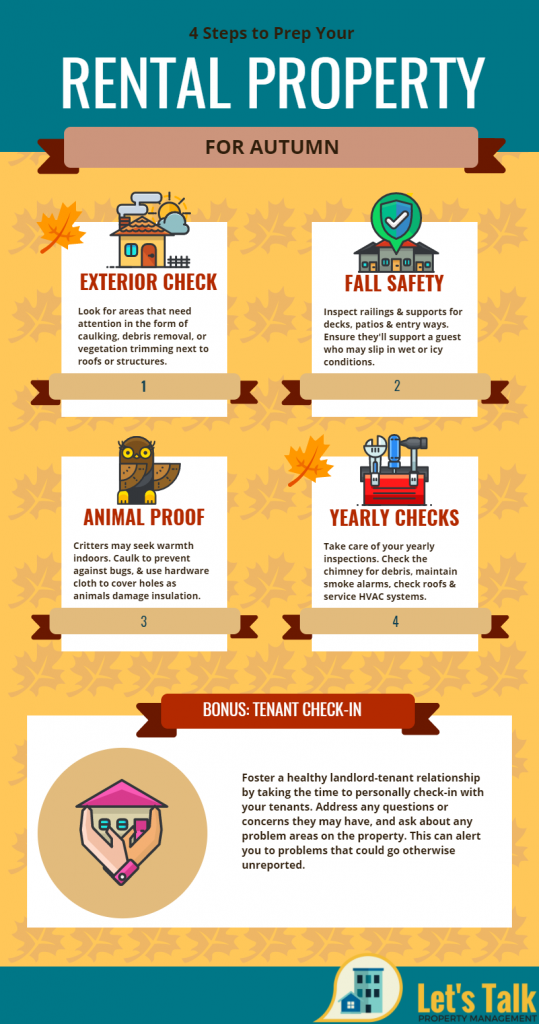Unlock the secrets to mastering rental management like a pro and watch your investment success soar to new heights.

Image courtesy of Brett Sayles via Pexels
Table of Contents
- Welcome to Rental Management!
- Laying the Foundation: Know Your Property
- Building Relationships with Tenants
- The Money Matters: Maximizing Rental Income
- Maintenance and Upkeep
- Streamlining the Nitty-Gritty: Rental Operations
- Dealing with Challenges
- The Legal Side of Rental Management
- Growing Your Rental Business
- Bringing It All Together
- Frequently Asked Questions (FAQs)
Welcome to Rental Management!
We start with a warm introduction to the world of rental management, explaining how rewarding it can be to own a rental property when managed properly.
What is Rental Management?
Rental management is all about taking care of a property that you rent out to tenants. It involves making sure the property is well-maintained, collecting rent, and addressing any issues that come up. When you manage a rental property well, it can be a great way to earn income and build wealth over time.
Laying the Foundation: Know Your Property
Before you dive into managing your rental property like a pro, it’s essential to understand the property itself. Knowing the ins and outs of your property will help you develop effective rental management strategies that will make your job easier and more successful. Let’s start by learning the basics.
Learning the Basics
Knowing your property means understanding its unique features and how they can impact your management approach. Consider the age of your property – is it a brand-new building or a historic home with character? The age can affect maintenance needs and potential issues that may arise.
Next, familiarize yourself with the layout of your property. How many bedrooms and bathrooms does it have? Is there a backyard or a balcony? Understanding the layout will help you market the property effectively and set appropriate rent prices.
Finally, don’t forget about location. Is your property in a bustling city center or a quiet suburban neighborhood? Location can influence the type of tenants you attract and the rental rates you can command.
By knowing these basic details about your property, you’ll be better equipped to create a rental property strategy that maximizes your income and minimizes unexpected challenges. Stay tuned for more tips on effective rental management as we delve deeper into the world of managing rentals like a pro.
Building Relationships with Tenants
Building good relationships with your tenants is one of the key ways to make managing your rental property smoother and more enjoyable. When tenants feel comfortable and valued, they are more likely to take better care of the property and communicate effectively with you. Let’s explore some tips on how to foster positive tenant relationships:

Image courtesy of www.rentecdirect.com via Google Images
Communication is Key
Keeping open lines of communication with your tenants is crucial. Make sure they know how to reach you for any questions or concerns they may have. Respond promptly to their messages and be attentive to their needs. Being friendly and approachable can go a long way in building trust with your tenants.
Procedures for Problems
It’s essential to have clear and easy-to-follow procedures in place for tenants to report any issues they encounter in the property. Make sure they know who to contact for maintenance requests and emergencies. When tenants feel like their concerns are being addressed promptly and professionally, they are more likely to stay satisfied and take good care of the property.
The Money Matters: Maximizing Rental Income
In the world of rental management, one of the key goals is to maximize your rental income. By strategically setting rent prices and exploring additional income opportunities, you can ensure that you are getting the most out of your property.
Setting the Right Price
Deciding on the right rent price is crucial to attracting tenants and maximizing your income. Consider factors like the property’s location, amenities, and current market rates. Conducting research on similar properties in the area can help you set a competitive yet profitable price.
Extra Income Opportunities
In addition to rent, there are other ways to increase your income from a rental property. You can consider adding services like laundry, parking, or pet fees. Upgrading the property with modern amenities or smart home features can also justify higher rent prices and attract quality tenants willing to pay more.
Maintenance and Upkeep
In order to keep your rental property in top shape and attract and retain tenants, it is crucial to stay on top of maintenance and upkeep tasks. By following a few simple tips, you can ensure that your property remains a desirable place for tenants to live.

Image courtesy of www.rentecdirect.com via Google Images
Regular Check-Ups
Regular inspections and maintenance schedules are essential for keeping your rental property in good condition. Inspecting the property on a routine basis allows you to identify any issues before they escalate into major problems. By addressing maintenance issues promptly, you can prevent costly repairs down the line and keep your tenants happy.
Quick Fixes vs. Major Repairs
It’s important to differentiate between quick fixes and major repairs when it comes to maintenance and upkeep. Quick fixes are small, immediate repairs that can be done easily and inexpensively. These include tasks like fixing leaky faucets, replacing light bulbs, or patching up minor damage. On the other hand, major repairs are larger tasks that require more time and resources to complete, such as replacing a roof or renovating a kitchen. Understanding when to make quick fixes and when to plan for major repairs will help you maintain your property effectively.
Streamlining the Nitty-Gritty: Rental Operations
When you’re in charge of managing a rental property, it’s important to make sure everything runs smoothly behind the scenes. That’s where streamlining rental operations comes into play. By finding ways to make the day-to-day tasks easier and more efficient, you can focus on what really matters – providing a great living experience for your tenants.
Automating the Everyday
One way to make your life easier as a rental manager is by exploring technology that can help automate tasks. From rent collection to maintenance requests, there are tools available to streamline these processes. By setting up automatic rent payments or using software to track maintenance requests, you can save time and ensure everything runs like clockwork.
Organizational Tools
Staying organized is key to successful rental management. By implementing simple organizational tools and systems, you can keep track of paperwork, finances, and tenant information with ease. Consider using digital spreadsheets to manage your budget, investing in a filing system for important documents, or even using a dedicated property management software to keep everything in one place. With the right tools at your disposal, you’ll be able to stay on top of your rental operations effortlessly.
Dealing with Challenges
Every property manager faces difficult times. Let’s talk about how to prepare for and handle common challenges.
Image courtesy of www.istockphoto.com via Google Images
Vacancy Issues
One of the biggest challenges in rental management is when your property sits empty without tenants. To minimize this, it’s essential to keep your property attractive and well-maintained. Updating the property, advertising it effectively, and promptly addressing tenant concerns can help reduce vacancy periods. Additionally, consider offering incentives like discounted rent for the first month to attract new tenants quickly.
Handling Tenant Conflicts
Tenant conflicts are another common challenge that property managers face. To address these issues effectively, communication is key. Encourage open dialogue between tenants and establish clear procedures for handling disputes. Listen to both sides of the conflict calmly and work towards finding a mutually beneficial solution. If needed, mediation services can also be utilized to resolve conflicts peacefully.
| Tip | Description |
|---|---|
| 1 | Keep thorough records |
| 2 | Utilize property management software |
| 3 | Screen tenants carefully |
| 4 | Set clear rental policies |
| 5 | Communicate effectively with tenants |
| 6 | Maintain the property regularly |
| 7 | Respond promptly to repair requests |
| 8 | Stay informed on rental laws and regulations |
The Legal Side of Rental Management
As a rental property manager, it’s crucial to understand and adhere to the laws and regulations that govern rental properties. By following the legal requirements, you can protect yourself and your tenants, ensuring a smooth and lawful rental experience for everyone involved.
Knowing the Law
One essential aspect of effective rental management is having a clear understanding of the legalities involved. This includes creating and enforcing rental agreements, understanding tenant rights, and abiding by fair housing laws. Rental contracts outline the terms of the agreement between you and your tenants, covering important details like rent payments, maintenance responsibilities, and lease terms. Knowing and following these legal documents will help you avoid potential disputes and confusion down the line.
Dealing with Evictions
Evicting a tenant is a challenging but sometimes necessary aspect of rental management. If a tenant consistently fails to pay rent, violates the lease agreement, or causes significant disruptions, you may need to pursue eviction. It’s essential to follow the legal process for eviction in your area, which typically involves providing written notice, filing the appropriate paperwork with the court, and attending a court hearing if necessary. By understanding the eviction process and following the law, you can protect your rights as a property manager while also respecting the rights of your tenants.
Growing Your Rental Business
As you’ve started your journey in rental management, you may find yourself eager to expand your business and take it to the next level. Let’s explore some ways in which you can grow your rental property portfolio and enhance your management skills.
Image courtesy of zeevou.com via Google Images
Acquiring More Properties
One of the most common ways to grow your rental business is by acquiring more properties. This process involves careful planning, financial analysis, and market research to ensure you make sound investment decisions. Consider factors such as location, property condition, potential rental income, and your overall business goals when looking for new properties to add to your portfolio.
Improving Your Skill Set
Continuing education and skill development are essential for any successful rental property manager. By staying informed about industry trends, learning new management strategies, and honing your communication skills, you can become a more effective and efficient manager. Look for opportunities to attend workshops, seminars, or online courses to broaden your knowledge and improve your rental management practices.
Bringing It All Together
After exploring various aspects of managing a rental property, it’s time to see how everything we’ve discussed fits together to help you become a pro at rental management. Let’s recap the key points and strategies we’ve covered so far.
Understanding Your Property
Knowing your property inside and out is crucial for effective rental management. By familiarizing yourself with its features, layout, and location, you can develop tailored strategies to maximize its potential.
Building Strong Tenant Relationships
Establishing good communication with your tenants and having clear procedures in place for problem-solving can lead to smoother management processes and happier tenants who take better care of your property.
Maximizing Rental Income
Setting the right rent price, exploring extra income opportunities, and staying updated on market trends are essential for maximizing your rental income and increasing your property’s profitability.
Maintenance and Upkeep
Regular maintenance checks and knowing when to address quick fixes versus major repairs are key to keeping your property in top shape and attracting and retaining quality tenants.
Streamlining Rental Operations
By automating everyday tasks, utilizing organizational tools, and embracing technology, you can streamline your rental operations and make day-to-day management tasks more efficient.
Dealing with Challenges
From minimizing vacancy issues to handling tenant conflicts peacefully, preparing for and addressing common challenges is essential for successful rental management.
The Legal Side of Rental Management
Understanding and complying with rental laws and regulations, including contracts and tenant rights, is crucial for avoiding legal issues and maintaining a smooth operation.
Growing Your Rental Business
Exploring ways to expand your rental portfolio, acquire more properties, and enhance your skill set through ongoing education can help you grow and succeed in the rental management business.
By combining these key elements and strategies, you’ll be well on your way to managing rentals like a pro and achieving success in your property management endeavors.
Frequently Asked Questions (FAQs)
Can Kids Learn About Rental Management?
Yes, learning early can help you become savvy in business matters! Understanding how to manage a rental property and dealing with tenants can teach kids valuable skills like responsibility, organization, and problem-solving. Even if you’re not quite ready to manage a property yet, learning about rental management can be a great way to prepare for the future!
How Do Managers Collect Rent?
Managers often collect rent through checks or online payments. When a tenant rents a property, they agree to pay a certain amount of money each month. Managers typically set up a system where tenants can either write a check and deliver it to the office or pay online using a secure payment portal. This makes it easy for both the manager and the tenant to keep track of payments and ensures that everyone is on the same page.
Idaho Poperty Management
